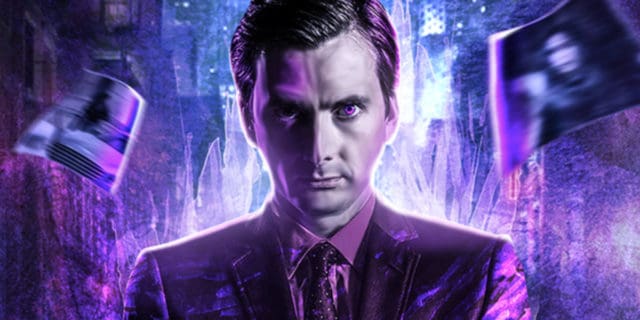
For as universally beloved as Marvel’s blockbuster movies are, their Netflix series are arguably even more celebrated. Luke Cage is currently the highest rated installment of the Marvel Cinematic Universe, beating out fan favorites like Iron Man, The Avengers and Guardians of the Galaxy. A lot of fans who felt burned out on the whole superhero genre came back in droves for the debut of Daredevil. And now we’re less than a week out from The Defenders — the small screen’s answer to The Avengers — and people are just as stoked as they would have been for another outing with “Earth’s mightiest heroes.”
The reasons for the widespread enthusiasm are easy to understand. Marvel’s blockbusters are light and cheery — full of family friendly action and light-hearted quips. They have to appeal to the broadest audience possible in order to make back their monumental production costs. And in order to fit that mold — the omnipresent PG-13 rating — they have to tone everything down: the sex, the violence and even the general vibe of the film.
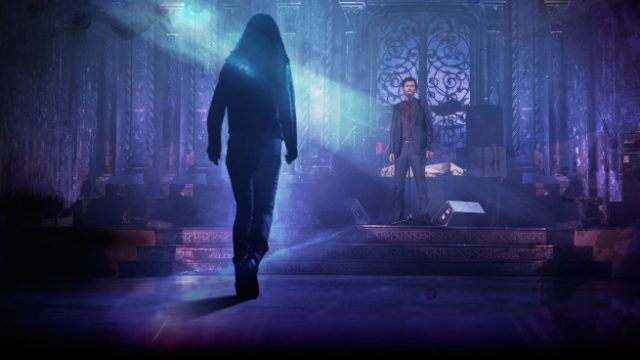
Marvel’s Netflix series are under no such restraints. Sure, their budgets are a lot smaller and the talent pool a lot smaller, but they have the creative freedom to go in directions that Marvel’s more mainstream efforts simply cannot. They are dark and gritty. They are rife with the graphic realities of life, from bodily mutilation, sexual abuse and the complexities of racial politics.
For my money, the best Marvel series that Netflix has put out is easily Jessica Jones. While it didn’t have the surprise factor of Daredevil nor the timeliness of Luke Cage, it was real and visceral in a way that no other comic book adaptation was before it. It had the company’s most instantly memorable villain, brought horrifically to life by the talented David Tennant, whose past abuse of the series’ title character echoes as lingering trauma.

It has now been confirmed that David Tennant will return as Killgrave, better known in the comics as Purple Man, in season 2 of Jessica Jones. There is, however, a problem with this. He’s dead.
We’re not talking about Bucky Barnes dead here, either. He didn’t conveniently off of a moving train, body not to be discovered until he’s found alive in the sequel. He didn’t duck out in the season finale, perched to resurface at some later date.
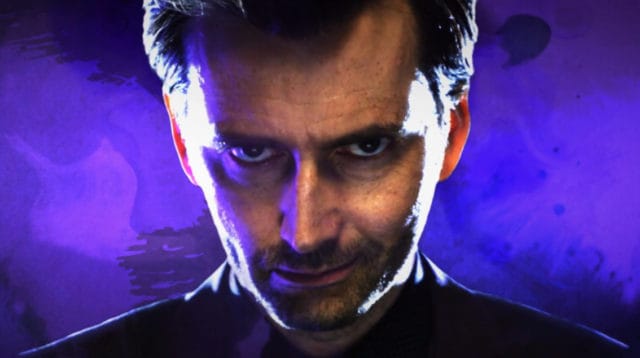
Jessica Jones walked up to him, lifted him off the ground and snapped his neck. It shattered with an unmistakable snap. He crumpled to the ground, dead in no uncertain terms.
Killgrave is dead and buried and there is no chance of him returning as the villain of Jessica Jones season 2. That doesn’t mean, however, that he’s out of Jessica’s life.
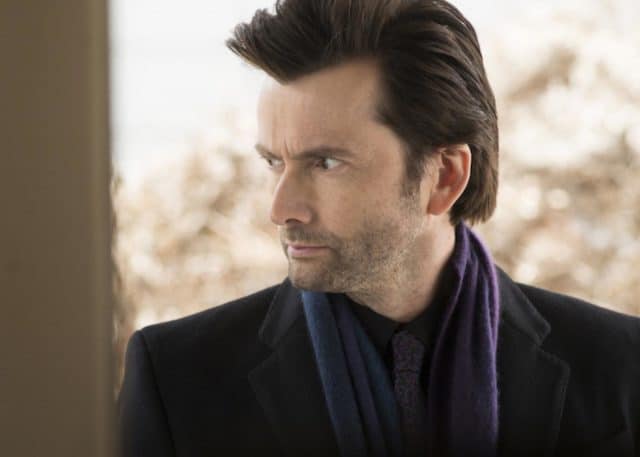
You see, Killgrave had the ability to control peoples’ minds: to give orders that they were physically compelled to obey. For years, he kept Jessica a prisoner in her own body: a witness and unwilling participant to the events surrounding her, forever kept from acting on her own behalf. And that kind of prolonged enslavement — that kind of trauma — doesn’t go away overnight.
In the series, Jessica frequently hallucinated Killgrave was right there next to her, perfectly within reach, moments away from enthralling her once more. This is why she stayed in a comfortably haze throughout the first season; it was her way of (poorly) coping with the lingering reality of his presence in her mind.
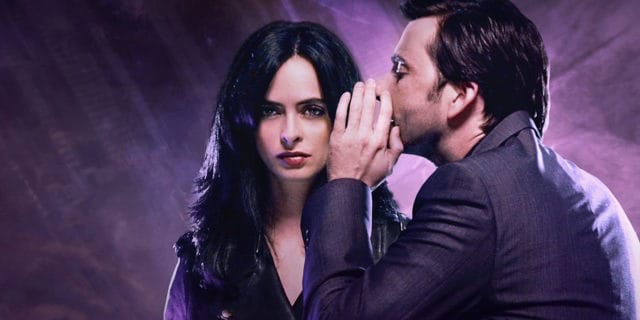
This will undoubtedly be how we see Killgrave in Jessica Jones season 2: not as a flesh-and-blood character, but as the lingering ghost of abuse housed firmly in her troubled psyche — reminding us that while he may be gone, his presence in Jessica’s mind is not. It’s a sobering notion, and one in line with victims of real-world abuse. And I, for one, can’t wait to see how they portray him once more.
 Follow Us
Follow Us





